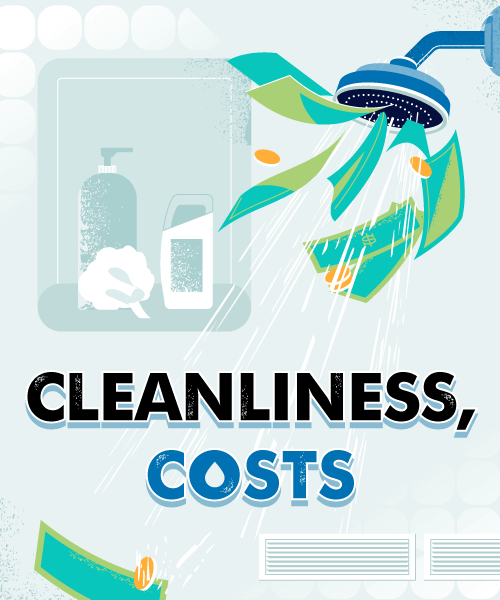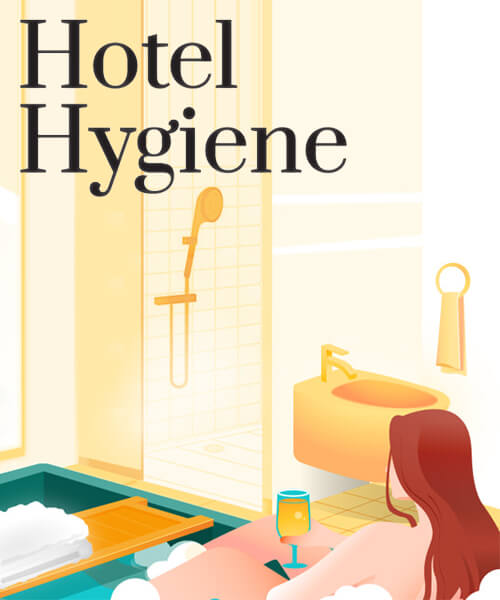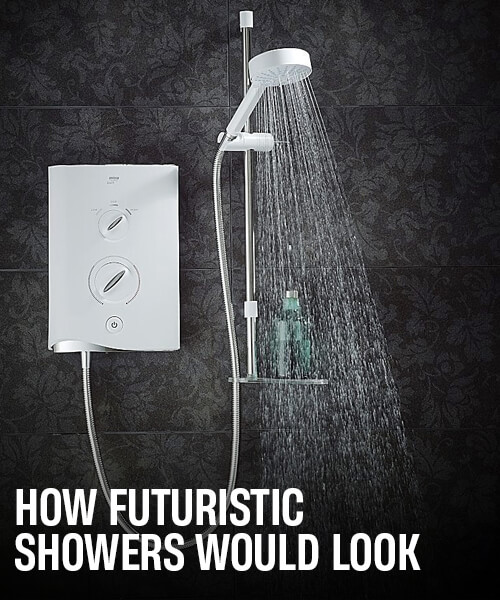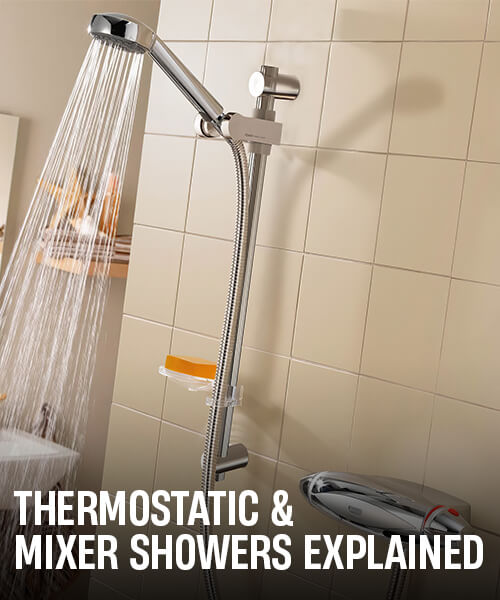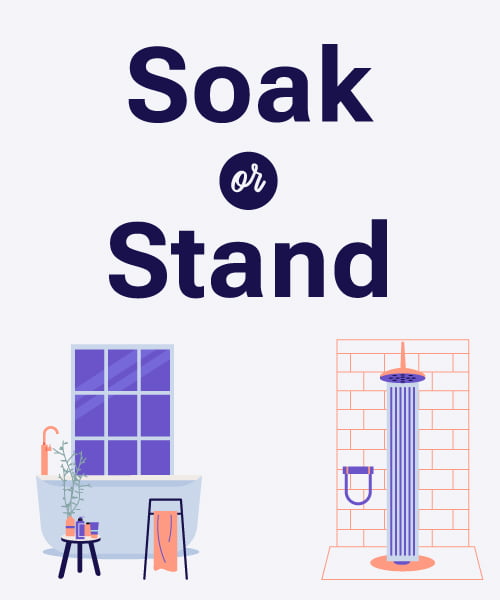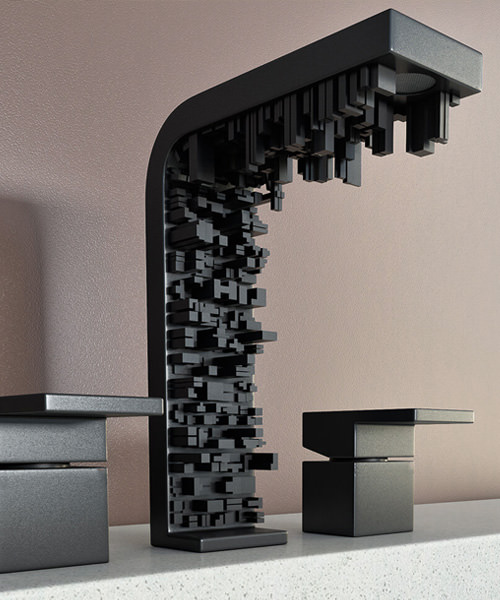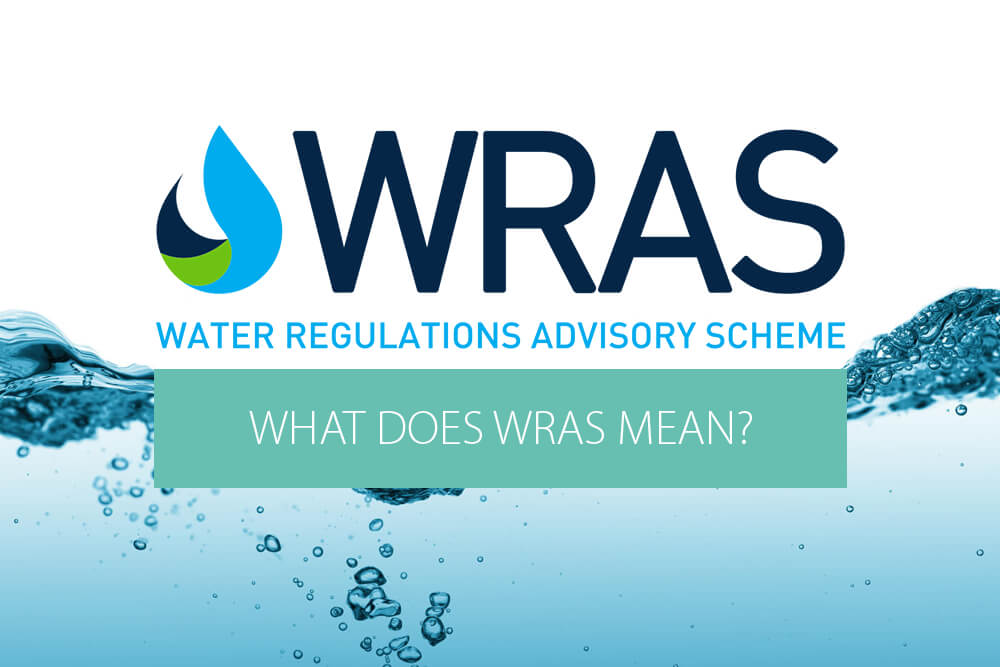
Whether you’re a plumber or a homeowner installing a new tap, you’ve probably come across the letters WRAS at least once or twice. They’re frequently stamped or marked onto any piece of equipment that’s meant to carry water, including pipes, taps, showerheads, and shower valves. This is regardless of what brand or product you’re using as well.
WRAS stands for the Water Regulations Advisory Scheme, and seeing it on your taps and fittings means that this piece of equipment has met the strictest standards for use in the UK.
Why the WRAS is Important?
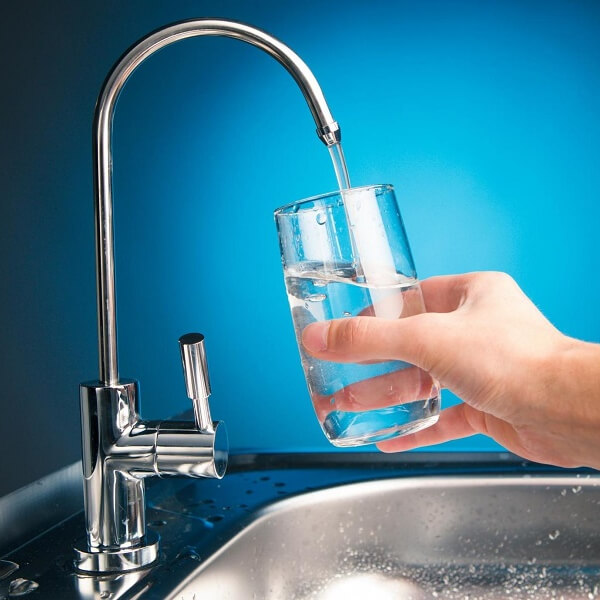
When you have water flowing through the tap at your sink, you’re reasonably confident that this water is clean. That it’s not contaminated with something from the tap itself or the pipes carrying it. You’re also reasonably confident that the tap will work like you expect it to, and that the pipes carrying the water are going to do so for years without issue.
The reason that you can have this confidence is because the UK demands strict testing of all water appliances and equipment. Every piece of water-carrying plumbing that may be installed in a home or business needs to meet standards that will ensure that the equipment is durable, will work the way that it is intended to, and that it will not contaminate or otherwise harm the water supply or its use. These standards require that any water fitting must not cause waste, misuse, undue consumption, or contamination of the water supply, and must be of an appropriate quality and standard. By complying with these standards, water fitting manufacturers are able to gain the trust of consumers; you never need to worry about your taps and other water fittings.
The WRAS is not the only way to prove that the water appliance or equipment meets these standards, but for most companies, it is the easiest and most recognisable way to do so. By meeting the requirements of the WRAS, companies are proving that your equipment meets the industry standards. With that stamp or mark, no one will question whether or not the tap, valve, or pipe in question is industry standard or not. No further tests or inspections are required, and everyone involved in the choosing, purchase, and installation of the appliance can all have confidence in it.
Understanding How the WRAS Approval Process Works?
WRAS approval is good for 5 years from the time it completes the process. This means that every 5 years, every manufacturer of any water fitting will submit their products and materials for testing.
This testing is carried out through independent laboratories. They put the fitting through rigorous testing to ensure that it meets industry standards. They also test the materials that are being used in the fitting to make sure that they are not going to impact or affect the water passing through them in any way. This includes not only the metal components, but also the plastic, rubber, and other materials that may be used in the manufacture of the fitting.
The flow rate of water going through the fitting is measured, and the fitting itself is put through the same tests again and again to see how it performs over time. The water that has passed through the fitting is then tested to see if it retains the same clarity and quality as before it passed through. Because some materials can leach chemicals into water or cause the water to become cloudy or otherwise contaminated, the water is tested for each of these things to ensure that the fitting will not negatively impact the water in any way.
Where Do Regulations Apply?
The Regulations are typically in effect between the boundary of a property and the point of discharge.
Once approved, the fitting manufacturer can put the WRAS stamp on their product, and sell that product for up to 5 years. At the 5 year mark, they will resubmit the fitting for new testing. This way, any changes that the manufacturer may make, such as the source of the materials they use or the formula they use will be caught before it can have an impact on the consumer.
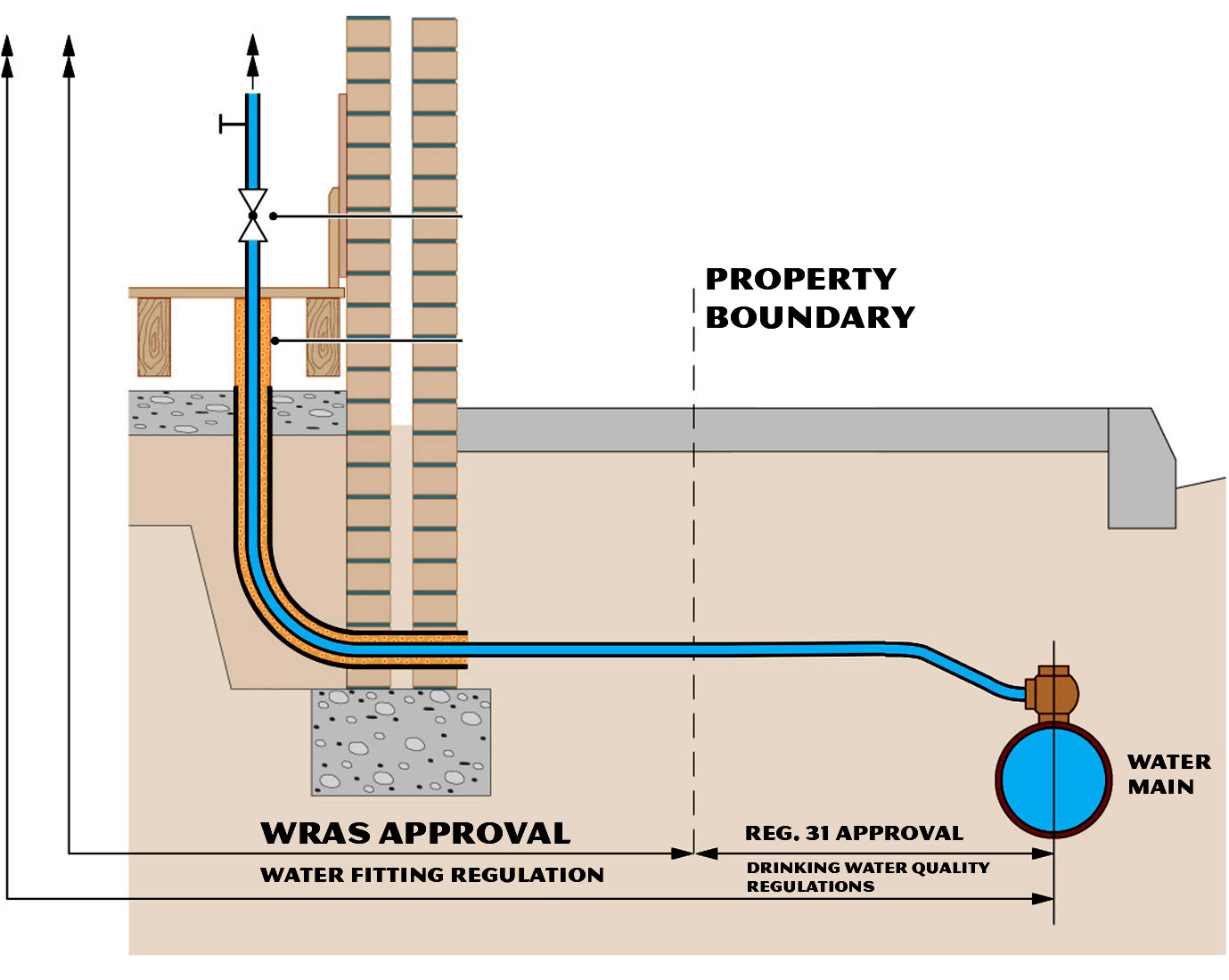
Further Industry Impact
In addition to making sure that your taps and other water appliances are all meeting industry standards, WRAS impacts the industry in other ways. One of these is through their Water Industry Approved Plumbers Scheme, or WIAPS.
Plumbers that join WIAPS need to prove that they are suitably trained as plumbers, that they have knowledge of the various water regulations, and that they have appropriate insurance. Plumbers seeking to join WIAPS must undergo an assessment to test their knowledge of current industry regulations and to provide proof of their training and insurance.
Plumbers who take the time to join the WIAPS are able to be recommended to consumers by their water company. So if you need to have a plumber work on your home, you can contact your water supplier and get a recommendation for a plumber who has met these criteria. This means that not only can you feel confident in your water fittings and their use, you can also feel confident about the plumber that you’re using. This can save you time on vetting the plumber, as the WIAPS affiliation means that the plumber has already undergone and met the various industry testing.
While it’s always a good idea to get references and to compare quotes, not needing to follow up on licensing, insurance, and knowledge testing can speed the process for finding the right plumber to tackle your project.
Look for the WRAS Stamp
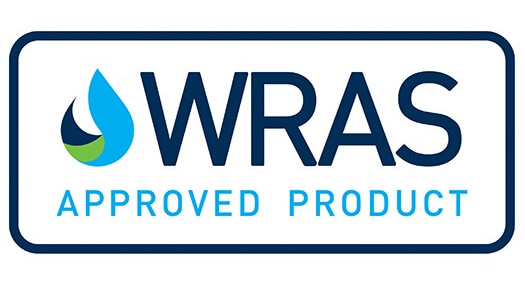
While the WRAS isn’t the only way that a company or a plumber can prove that they meet industry standards and qualifications, it is one of the fastest and easiest ways to do so. It’s also a quick and easy way for consumers to tell if this product or this plumber will meet their needs. Look for the WRAS stamp on your fittings and check to see if your plumber is a member of the WIAPS to make sure that you are getting the quality you have come to expect from your water.

